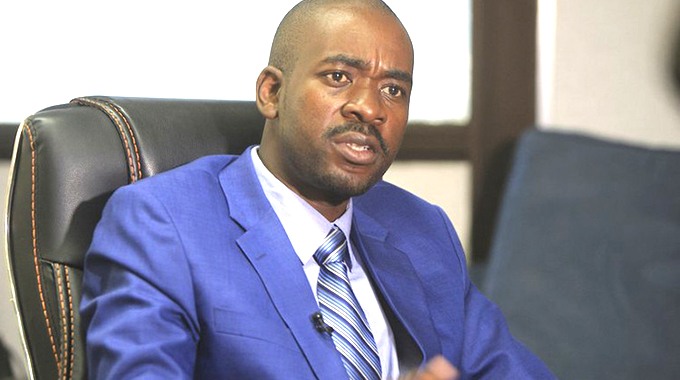Vendors cash in on water crisis

Blessings Chidakwa and Victor Maphosa
VENDORS, taking advantage of acute water shortages in Chitungwiza, are enjoying brisk business selling a 20-litre bucket of water at prices ranging from $2 to $10.
Selling water is now common in most parts of Chitungwiza with companies and pushcart vendors competing for customers.
The source of the water varies from boreholes, which are safe, to unprotected shallow wells and pools, where safety is questionable.
Most residents get council water once a fortnight while some parts of the town do not get water at all.
Families are drilling boreholes and digging wells at their homes not just to have their own source, but also to make money.
Most families are now relying on such supplies, although sellers cannot provide test results, since there is no choice.
The problem is that water from unprotected wells and other questionable sources is usually cheaper than water from boreholes, and the price does affect choice.
As in eastern and northern Harare, bulk water suppliers are in business with large trucks, sometimes with double trailers, coming from as far as Chinhoyi to fill tanks in Chitungwiza yards.
Chitungwiza has always bought bulk water from Harare and has no dams and or water treatment plant of its own.
The cut back in Harare water treatment has seen supplies to Chitungwiza slashed. The municipal council, like Harare, has drilled a handful of boreholes, but the number is totally inadequate.
Water is being sold by the bucket at various spots including houses, open spaces, shopping centres and industrial sites.
Mafias have also moved in, controlling queues at public boreholes and charging people a once-off “joining fee” of $20 to access the public water.
Borehole queues and water-selling points have also become high risk for Covid-19 as no physical distancing is being observed and most often people are not properly wearing masks.
Public boreholes are also running dry quickly as they are overwhelmed. In Unit A, drinking water extracted from boreholes is being sold for $10 while $5 is charged for water from unknown sources.
As of last Friday one of the cheapest selling points was in Zengeza 4 near Total service station, a house next to Stella furnitures where people draw water through a hose pipe and a bucket was selling for $4.
At a house near Limbani Shopping centre in Zengeza 5, desperate residents were buying water for $2.50 for a 20-litre bucket.
One of the residents, Fredrick Chimwe who was in the queue said he has no choice since the municipality was failing to provide them with water.
“We do not have a choice. Authorities who are supposed to provide us with water have failed us. I buy 12 buckets of water daily and I hire someone to carry those buckets to my house and they charge $2 per bucket. So all in all, I need close to $50 daily for water.”
Another house opposite Corner Shop in Zengeza 5 is enjoying brisk business as well as the owners are selling a bucket of borehole water for $2.50.
At a house near Stella Furnishers in Zengeza 4, people were buying water for $2 per bucket.
From the survey, a family in Manyame Park’s Phase One proved to be the most expensive, charging US$1 for 10 buckets or $10 for a bucket.
Those staying close to Hunyani stream in Manyame Park and St Mary’s are the most affected after the stream dried up in February this year.
Some residents who are feeling the pinch of buying water daily have resorted to drilling illegal community wells in violation of the council by-laws.
At least six families are contributing money to drill wells at open spaces in the suburb for their exclusive use.









Comments